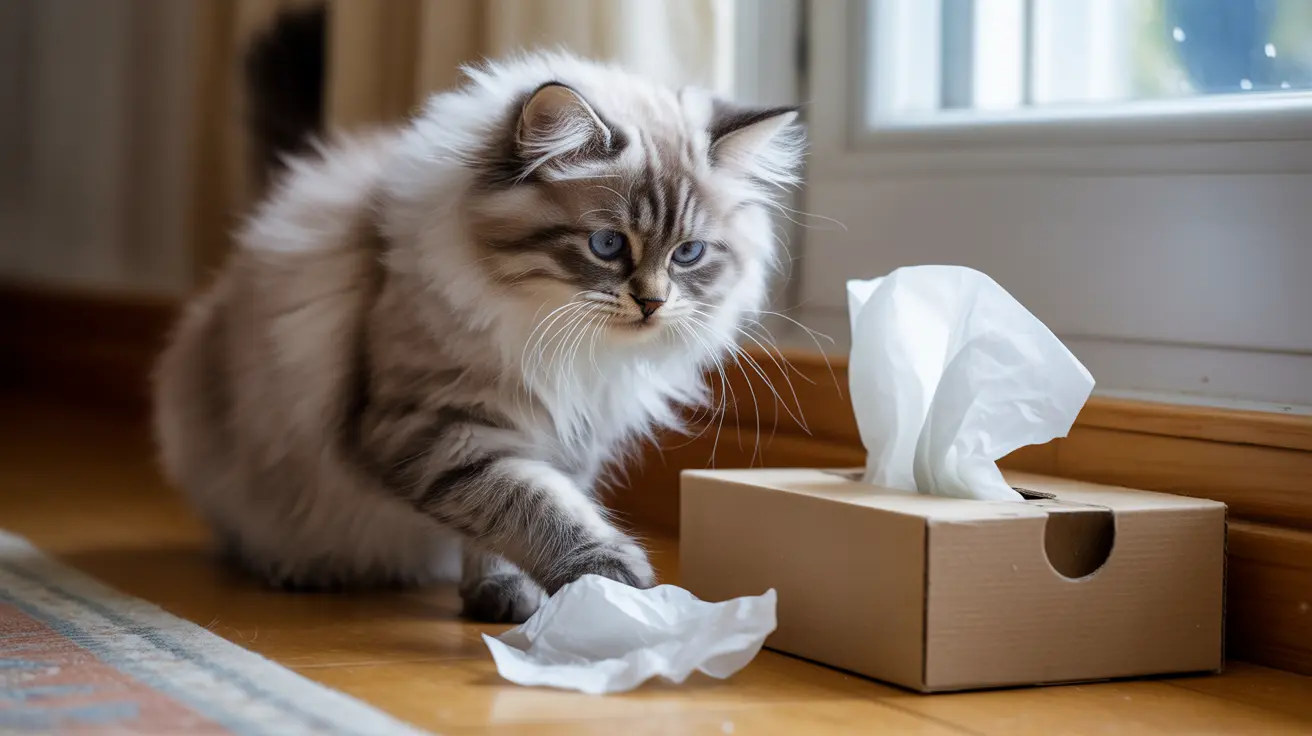Common Causes of Feline Nasal Congestion
Upper Respiratory Infections
The most frequent cause of a blocked nose in cats is viral or bacterial upper respiratory infections. Feline herpesvirus and calicivirus are particularly common culprits, often causing symptoms like sneezing, nasal discharge, and congestion. These infections can spread quickly among cats, especially in multi-cat households or shelter environments.
Environmental Allergies
Many cats develop nasal congestion due to allergic reactions to environmental triggers such as dust, pollen, mold, or household cleaning products. Even certain types of cat litter can cause allergic responses leading to nasal blockage.
Physical Obstructions and Anatomical Issues
Foreign Objects
Cats may get small objects, plant material, or other debris stuck in their nasal passages during exploration or play. This can cause immediate blockage and requires prompt veterinary attention.
Nasal Polyps and Tumors
Some cats develop growths in their nasal passages that can obstruct airflow. While polyps are typically benign and more common in younger cats, older cats may develop nasal tumors that require medical intervention.
Signs Your Cat Has a Blocked Nose
Watch for these common symptoms indicating nasal congestion:
- Loud breathing or snoring sounds
- Open-mouth breathing
- Decreased appetite
- Frequent sneezing
- Nasal discharge
- Pawing at the face
- Reduced activity levels
When to Seek Veterinary Care
While some mild congestion may clear up on its own, certain situations require immediate veterinary attention:
- Difficulty breathing
- Complete loss of appetite
- Colored or bloody nasal discharge
- Symptoms lasting more than 48 hours
- Signs of severe discomfort or distress
Treatment Options and Home Care
Treatment depends on the underlying cause but may include:
- Antibiotics for bacterial infections
- Antiviral medications
- Antihistamines for allergies
- Humidifier use to moisturize air
- Gentle nasal cleaning as directed by your vet
- Surgical intervention for polyps or tumors
Frequently Asked Questions
Why is my cat's nose constantly blocked or congested?
Constant nasal congestion typically results from chronic infections, allergies, or anatomical issues. Persistent symptoms should be evaluated by a veterinarian to determine the underlying cause.
What are the most common infections that cause nasal congestion in cats?
Feline herpesvirus and calicivirus are the most common viral infections causing nasal congestion. Bacterial infections often occur secondary to these viral infections.
How can I safely help relieve my cat's stuffy nose at home?
Use a humidifier, keep your cat in a steamy bathroom briefly, and ensure a clean environment. Never administer human medications without veterinary approval.
When should I take my cat to the vet for persistent nasal blockage?
Seek veterinary care if symptoms persist beyond 48 hours, if your cat stops eating, shows difficulty breathing, or produces colored or bloody discharge.
Can allergies or environmental factors cause my cat's nose to be blocked?
Yes, environmental allergens like dust, pollen, mold, and household products can trigger allergic reactions leading to nasal congestion in cats.
Understanding why cats experience nasal congestion and knowing when to seek professional help can make a significant difference in your pet's health and comfort. Always consult with your veterinarian for proper diagnosis and treatment of persistent nasal issues.






